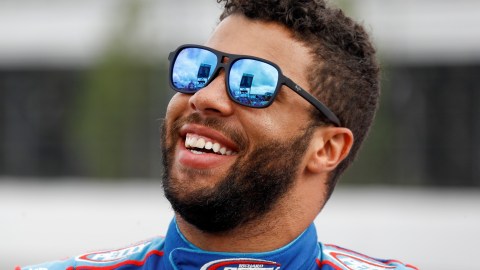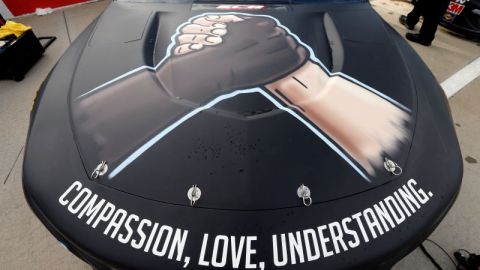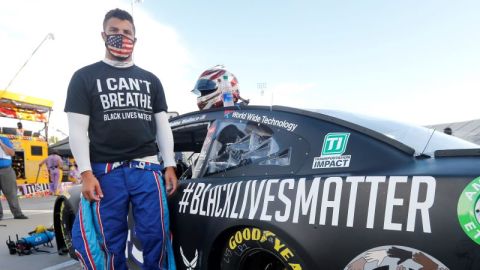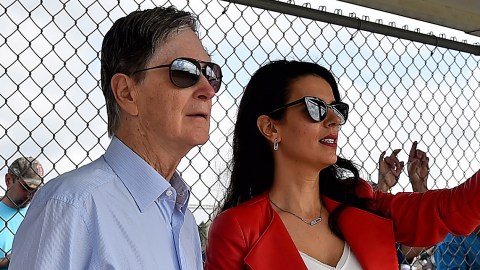BOSTON — If the Celtics were not 13-5 since the All-Star break, the Utah Jazz's 11-rebound edge on the glass Wednesday night would have been more proof that the Celtics are too old and too banged-up in the frontcourt to be anything more than a quick out come playoff time.
The Celtics' rebounding disparity has become even more glaring since the break, with a minus-3.1 rebounding differential growing (or would that be "falling"?) to minus-8.3.
By now, Celtics coach Doc Rivers has stopped fretting about his team's rebounding difficulties. The Celtics have not rebounded well at any point this season, and it is unlikely they will change that in the final four weeks of the season.
"Well, it's what we've been doing," Rivers said after Boston's 94-82 win over Utah. "Do I like it? No, but it's who we are right now. Going into the game, rebounding was a key for us, and honestly we didn't do a very good job out there."
How the Celtics won Wednesday's game was a microcosm of how they have been so successful since the All-Star break despite getting killed on the glass in almost every game.
As in the Utah game, the Celtics are not shooting any better from the floor since the break and their league-best field goal defense has even ticked up a few percentage points. They are no better at getting to the free throw line or at keeping other teams off the line.
What they have done, oddly enough, is increase their pace at both ends of the court. On offense, that has led to more shots and more opportunities to score. On defense, it has forced opponents to make poor decisions and commit turnovers.
More minutes for Avery Bradley and Mickael Pietrus, as well as the growth of center Greg Stiemsma, have improved the Celtics' defense to the point that it masks some of their rebounding deficiencies.
"I think it's because of our defense," Bradley said. "We came in the locker room at halftime and Doc was telling us our defense was good, and that if we come out in the second half and keep playing defense the way we are, we're going to get a win. We got beat on the boards, but I feel like our defense really helped us out lot."
Celtics opponents are averaging 82.5 field goals per game since the All-Star break, up from 78.6 per game in the first half of the season. Opponents are also dealing many more assists, at 21.2 per game compared to 17.4 per game pre-break.
Those numbers, combined with the rebounding figures, would normally spell doom for the Celtics. But the Celtics are forcing more than two additional turnovers per game since the break, and that has translated to many more fastbreak opportunities. Rajon Rondo has been both the biggest beneficiary and the greatest catalyst now that the Celtics are taking 80.1 shots per game from their pre-All-Star mark of 75.1 per game.
"We're getting stops, and multiple stops equates to good Rondo," Rivers said. "There's no doubt about that. When we have multiple stops, Rondo has good games because it allows us to run."
At the same time, the Celtics have decreased their own turnovers to 13.4 per game, down from 14.7 per game. This would indicate the point guard is doing a better job of protecting the ball, but Rondo's turnover numbers have been steady.
Instead, the Celtics have cut down on turnovers from their frontcourt players by keeping players like Brandon Bass and Stiemsma from having to handle the ball outside of their comfort zones.
"The only big we throw it to above the elbow is Kevin [Garnett], basically," Rivers said. "It's that simple. Before, we were running all the elbow offense, but it was any big and we realized that maybe Kevin should be the only ballhandler above the circle."
What also cannot be ruled out are factors beyond the Celtics' control. The condensed 66-game schedule was a bear early on for every team, but as the season grinds toward a finish, faster-playing teams have started to wear down. The Heat, Thunder and Clippers have all experienced bad losses in recent weeks, suggesting that the style of play is starting to come back in favor of a team like the Celtics, which values execution over athleticism. Execution has more to do with mental concentration, whereas athleticism feeds off energy. Few teams have an excess of energy at this point.
The Celtics' opponents have also been noticeably touchier with the officials of late, as well, which suggests the referees are allowing the veteran-laden Celtics to be more physical defensively. Boston is averaging a half-foul fewer per game since the All-Star break, but based on the reactions of some opposing players, that number could be higher.
Utah coach Tyrone Corbin alluded to that in his postgame comments.
"They're tough and they have their hands on you the whole time," Corbin said. "I thought in the first half, especially, they got us out on the floor too far. We didn't go a good job of going inside. They were the aggressors and they got all the calls as a result."
The Minnesota Timberwolves, one of the best rebounding teams in the NBA, loom next on the schedule. Rebounding vacuum Kevin Love is coming off a 19-rebound performance on Wednesday and is averaging 14.2 rebounds per game over his last 10 games.
Love and the Timberwolves would pose a rebounding problem for the Celtics, if rebounding were a problem for the Celtics at all. Since the All-Star break, it hasn't been.
Have a question for Ben Watanabe? Send it to him via Twitter at @BenjeeBallgame or send it here.



